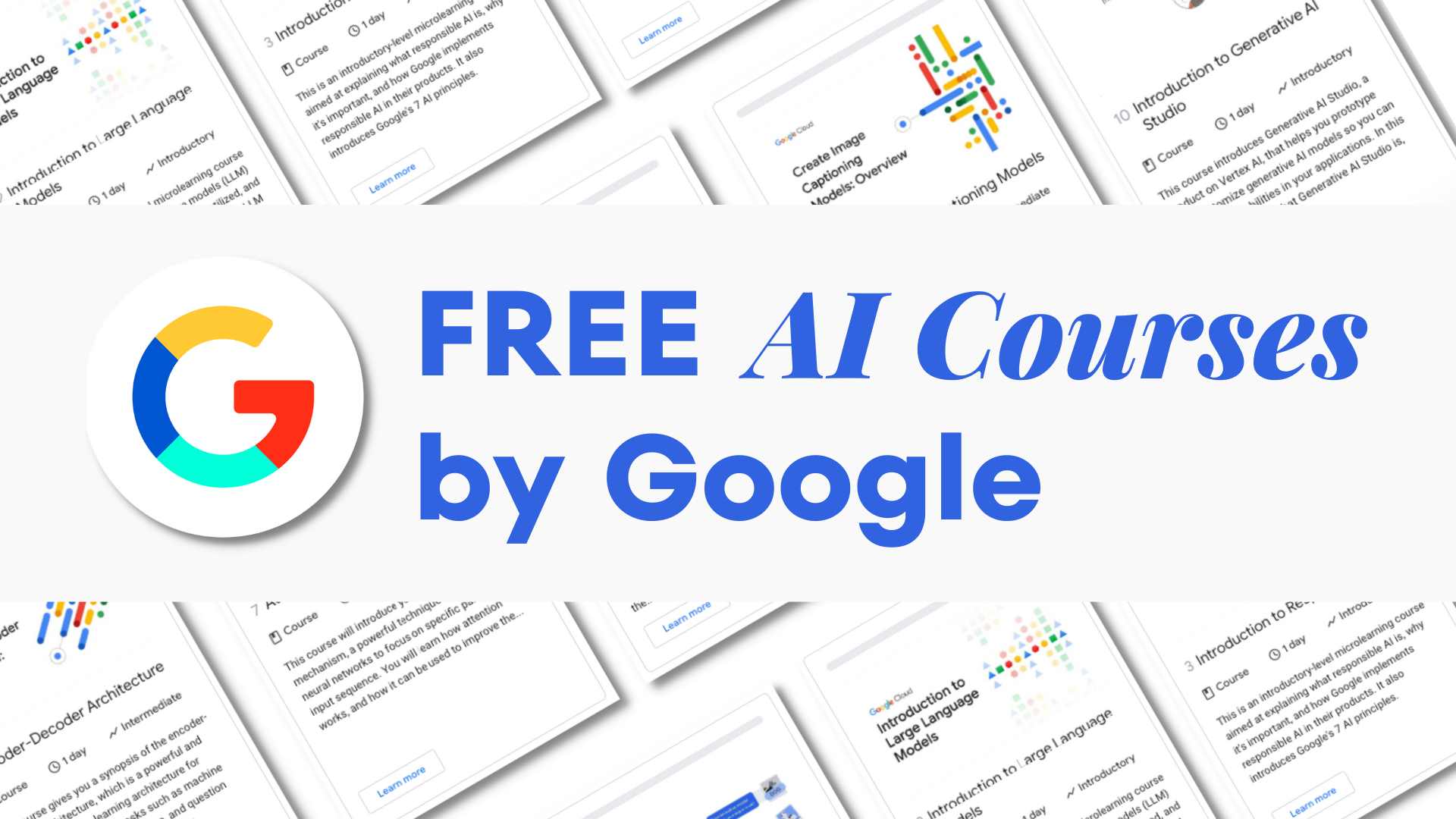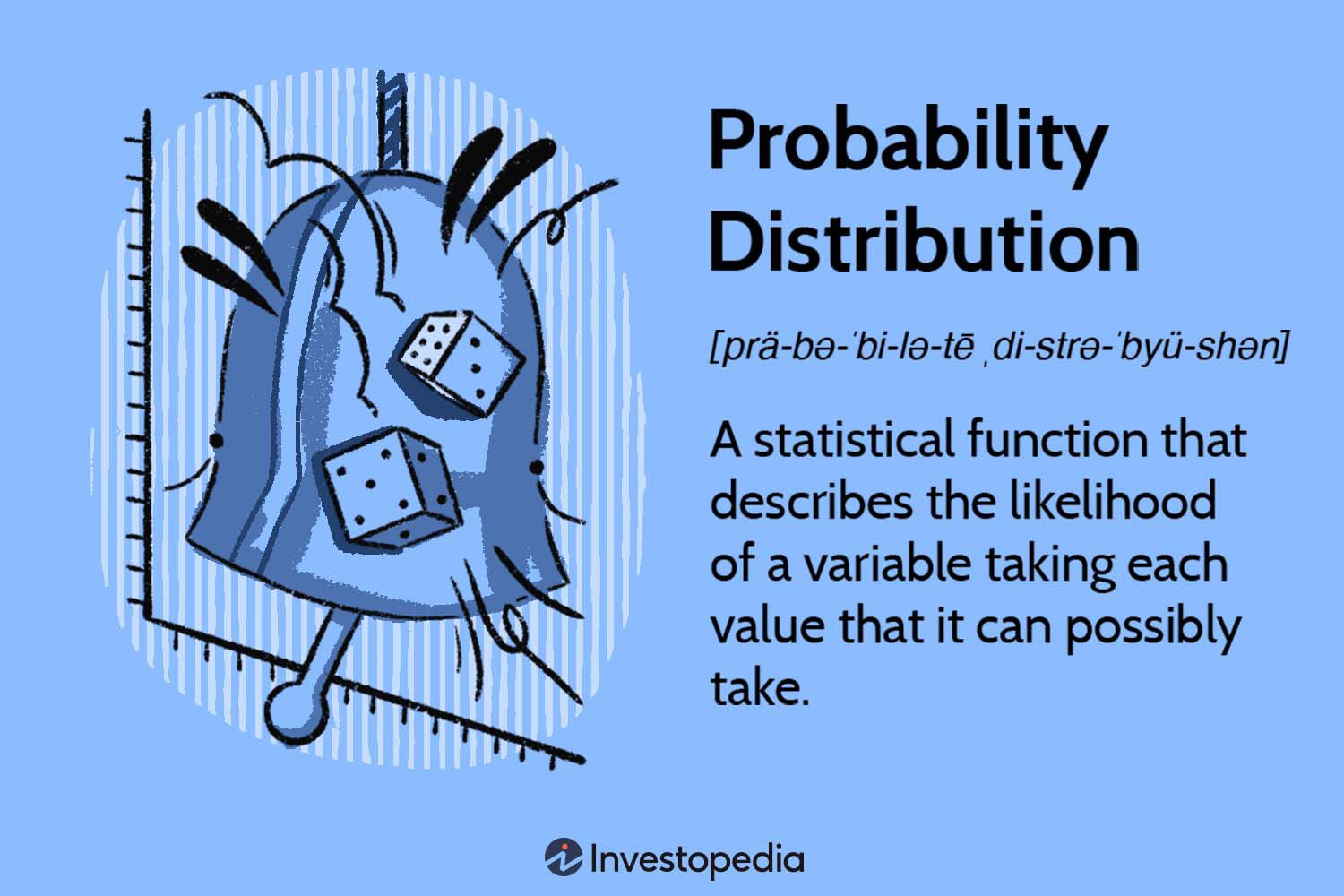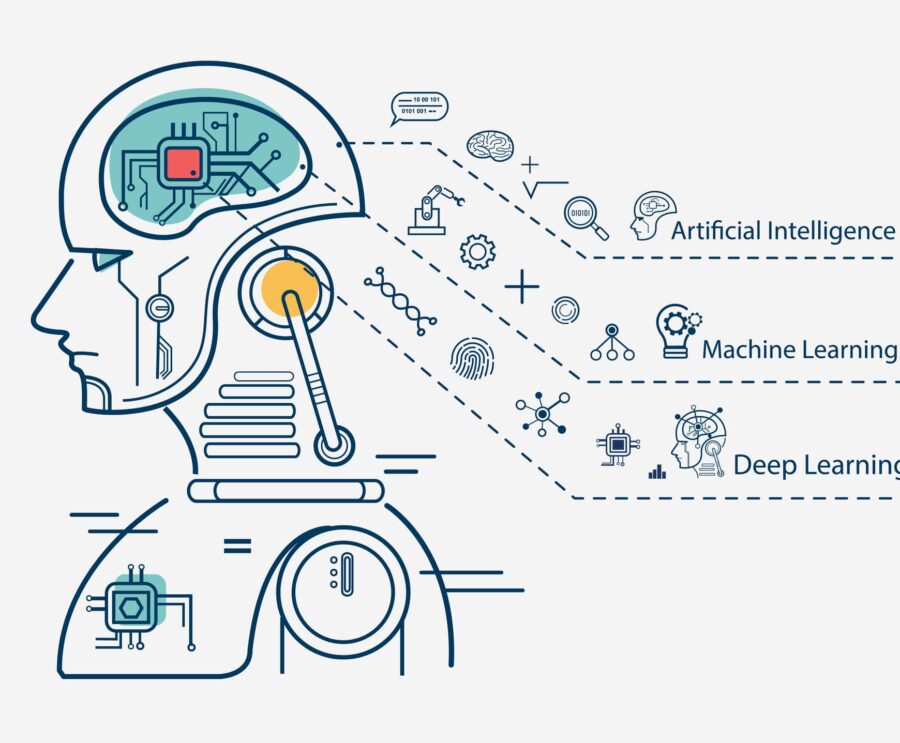
Unlock the Power of Artificial Intelligence: Top Free Courses from Ivy League Colleges
In today’s fast-paced digital landscape, staying ahead of the curve requires continuous learning and upskilling. Fortunately, Ivy League colleges like Harvard, Stanford, and MIT offer a range of free online courses that make high-quality education accessible to a global audience. These courses span various fields, including computer science, data science, business, and the humanities, providing valuable learning opportunities regardless of geographical or financial constraints.
 Explore the world of AI with these top free courses
Explore the world of AI with these top free courses
Probabilistic Graphical Models: A Rich Framework for Encoding Probability Distributions
Stanford University’s Probabilistic Graphical Models Specialization teaches you how to encode probability distributions over complex domains. By the end of the course, you’ll understand how to apply concepts from probability theory, graph algorithms, machine learning, and more to real-world problems.
 Unlock the power of probabilistic graphical models
Unlock the power of probabilistic graphical models
Introduction to Statistics: Essential Concepts for Learning from Data
Stanford’s Introduction to Statistics course teaches you statistical thinking concepts that are essential for learning from data and communicating insights. You’ll learn how to perform exploratory data analysis, understand key principles of sampling, and select appropriate tests of significance for multiple contexts.
Data Science with Python: A Fundamental Understanding of ML and AI Concepts
Harvard’s Introduction to Data Science with Python course focuses on machine learning models such as regression and classification, using libraries like sklearn, Pandas, matplotlib, and numPy. You’ll gain a fundamental understanding of ML and AI concepts, preparing you for advanced study and career advancement.
 Learn data science with Python
Learn data science with Python
Machine Learning: Building Predictive Models with Python
Harvard’s Data Science: Machine Learning course teaches popular machine learning algorithms, principal component analysis, and regularization by building a movie recommendation system. You’ll learn to use training data to discover predictive relationships, train algorithms, and avoid overtraining with techniques like cross-validation.
Data Visualization: Communicating Insights Effectively
Harvard’s Data Science: Visualization course covers data visualization and exploratory data analysis using ggplot2 in R, with case studies on world health, economics, and infectious disease trends. You’ll learn to identify and handle data issues, communicate findings effectively, and leverage data for valuable insights.
 Visualize your data for better insights
Visualize your data for better insights
R Programming Fundamentals: A Programming Language for Statistical Computing and Graphics
Stanford Online’s R Programming Fundamentals course covers the basics of R, including installation, basic functions, and working with data sets. You’ll also hear from R co-creator Robert Gentleman.
Databases: Relational Databases and SQL
StanfordOnline’s Databases course series, taught by Professor Jennifer Widom, covers relational databases and SQL, advanced concepts, database design, and semistructured data.
Introduction to Computer Science and Programming in Python
MIT’s Introduction To Computer Science And Programming In Python course is designed for beginners and teaches the fundamentals of computation, problem-solving, and programming in Python.
Introduction to Computational Thinking and Data Science
MIT’s Introduction To Computational Thinking And Data Science course introduces students with little or no programming experience to computation for problem-solving. It covers topics such as optimization problems, graph-theoretic models, stochastic thinking, Monte Carlo simulation, confidence intervals, experimental data, and machine learning.
Understanding the World Through Data
MIT’s Understanding the World Through Data course covers machine learning concepts, exploring data relationships, creating predictive models, and handling data imperfections using Python.
Machine Learning with Python: from Linear Models to Deep Learning
MIT’s Machine Learning with Python course teaches principles and algorithms of machine learning for creating automated predictions, covering topics such as over-fitting, regularization, clustering, classification, and deep learning.
Machine Learning
MIT’s Machine Learning course covers concepts, techniques, and algorithms from classification and linear regression to boosting, SVMs, hidden Markov models, and Bayesian networks.
Mathematics of Big Data And Machine Learning
MIT’s Mathematics of Big Data And Machine Learning course introduces the Dynamic Distributed Dimensional Data Model (D4M), which integrates graph theory, linear algebra, and databases to tackle Big Data challenges.
 Master machine learning with these top courses
Master machine learning with these top courses
By taking advantage of these free online courses from Ivy League colleges, you can develop critical skills, advance your knowledge, and enhance your career opportunities in today’s competitive job market.














